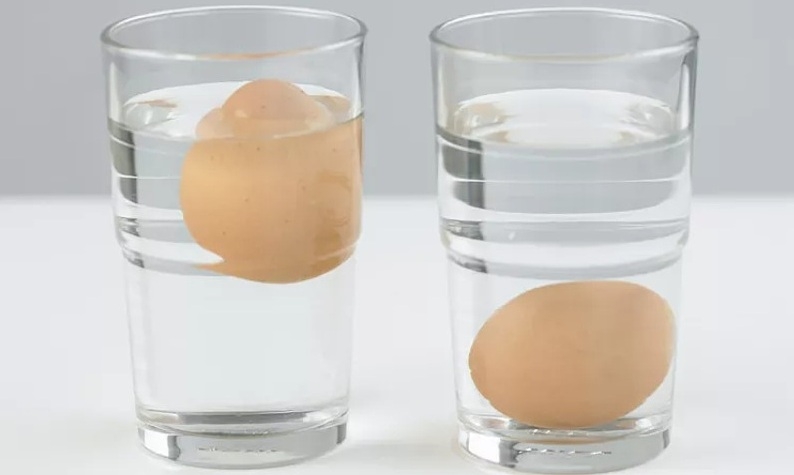Have you ever reached for eggs in your fridge, only to wonder if they’re still safe to eat? It’s a common dilemma for many people who aren’t sure how to tell if eggs have gone bad. Let’s delve into the fascinating world of egg freshness and discover some telltale signs that can help you determine if your eggs are still good to use.
Eggs are a staple in many households, versatile and packed with nutrients. However, their freshness is crucial for both taste and safety. Storing eggs properly is the first step in ensuring their longevity. Many people keep eggs in the refrigerator, assuming it’s the best way to preserve them. But how can you tell if those eggs are still good or if they have gone bad?
One common misconception is that eggs can last forever in the fridge. In reality, eggs do have a shelf life, and it’s important to know how to recognize when they are past their prime.
When assessing the freshness of an egg, the first thing to consider is its appearance. A fresh egg should have a clean, smooth shell without cracks or unusual odors. If the shell is dirty or cracked, it’s best to discard the egg to avoid any potential contamination.
Cracking open an egg can also provide clues about its freshness. A fresh egg will have a thick, gel-like egg white that holds its shape well, while the yolk should be firm and round. If the egg white appears thin and watery, or the yolk is flat and breaks easily, it’s a sign that the egg is no longer fresh.
Another method to test an egg’s freshness is the water test. Simply place the egg in a bowl of water – a fresh egg will sink and lay flat on the bottom, while an older egg will stand upright or float due to the air pocket that forms as the egg ages.
It’s important to note that eggs can still be safe to eat even if they are past their sell-by date. The key is to use your senses and common sense when determining if an egg is still good to consume.
Expert advice suggests that if you’re unsure about an egg’s freshness, it’s best to err on the side of caution and discard it. Eating a bad egg can lead to food poisoning, which can cause symptoms like nausea, vomiting, and diarrhea.
Properly storing eggs in the refrigerator at a consistent temperature of around 40°F (4°C) can help prolong their freshness. Keeping eggs in their original carton and away from strong odors can also prevent them from absorbing unwanted smells.
As we navigate the world of egg freshness, it’s essential to understand the broader implications of food safety and proper storage practices. By being mindful of how we handle and consume eggs, we can reduce food waste and ensure that we enjoy them at their best.
In conclusion, knowing how to tell if eggs have gone bad is a valuable skill that can help you make informed decisions about your food. By paying attention to the signs of egg freshness and following proper storage guidelines, you can enjoy delicious and safe eggs in your meals. Remember, when in doubt, it’s always better to be safe than sorry when it comes to food safety.

